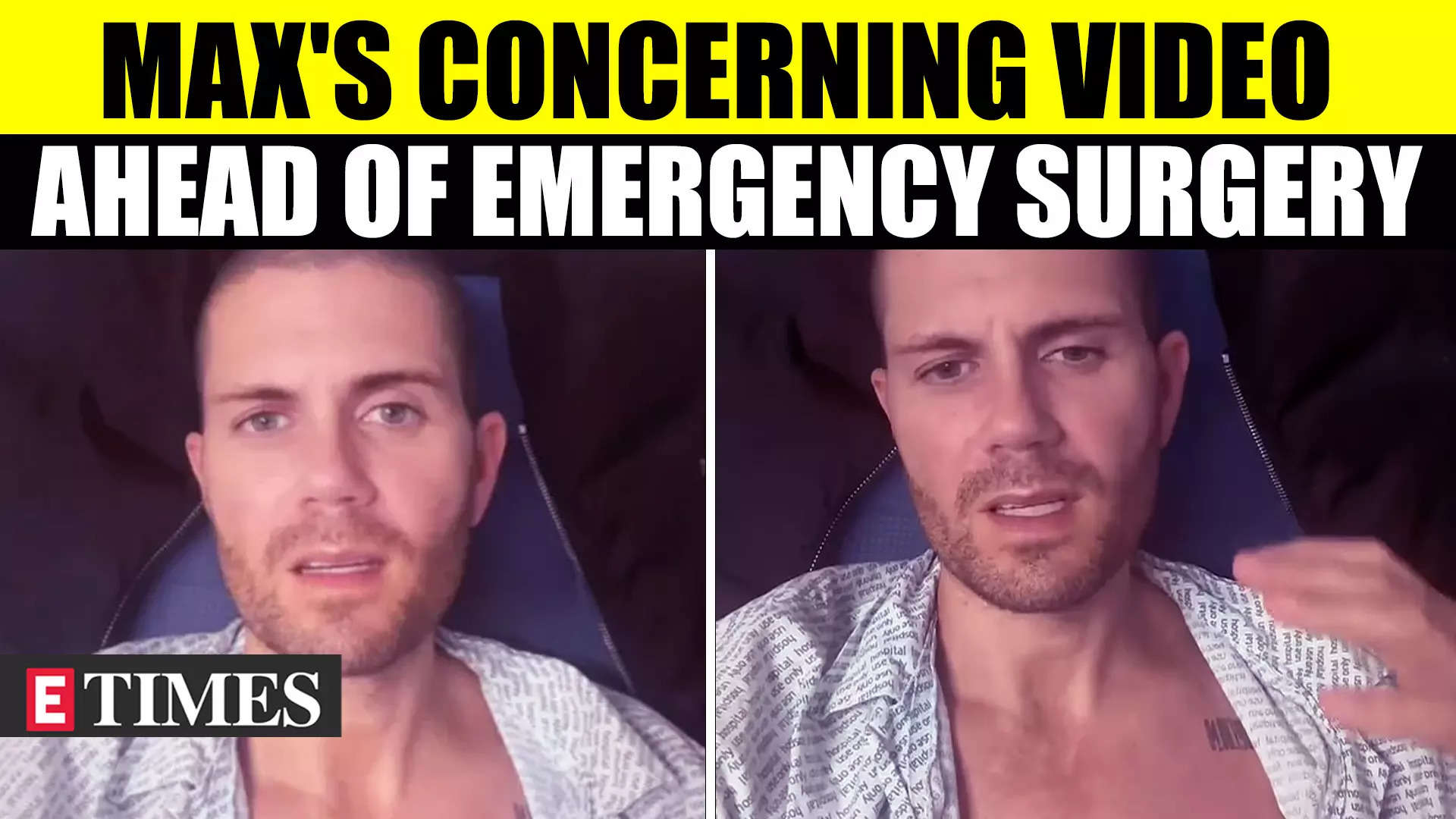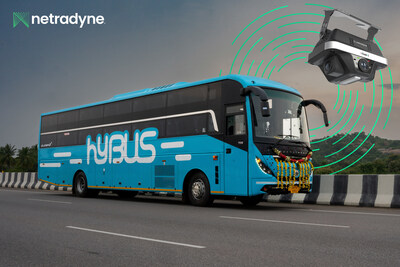Although the party is entering the snap election campaign with new leadership, it doesn’t yet have answers to the major crises facing Germany.
There was little time for substance in Wiesbaden as the party’s election program won’t be adopted until the end of January. At the conference, the discussions focused on inheritance tax, reform of the debt brake, and asylum policy with a compromise that bans deportations to Afghanistan and Syria.
Meanwhile, the new Green Party co-leader Felix Banaszak told POLITICO he’s hopeful a coalition with the conservative Christian Democratic Union (CDU) could still work.
CDU leader Friedrich Merz, “will have to answer for himself whether he wants to tear down bridges or leave them in place … And then we’ll see what works.” Banaszak said.
Banaszak previously negotiated a CDU-Greens coalition agreement in the state of North Rhine-Westphalia.
Incumbent Chancellor Olaf Scholz called a snap election for Feb. 23 after his coalition government — which comprises the center-left Social Democratic Party (SPD), the Greens and the economically liberal Free Democratic Party (FDP) — collapsed over disagreements on spending and a stimulus for Germany’s sputtering economy.







